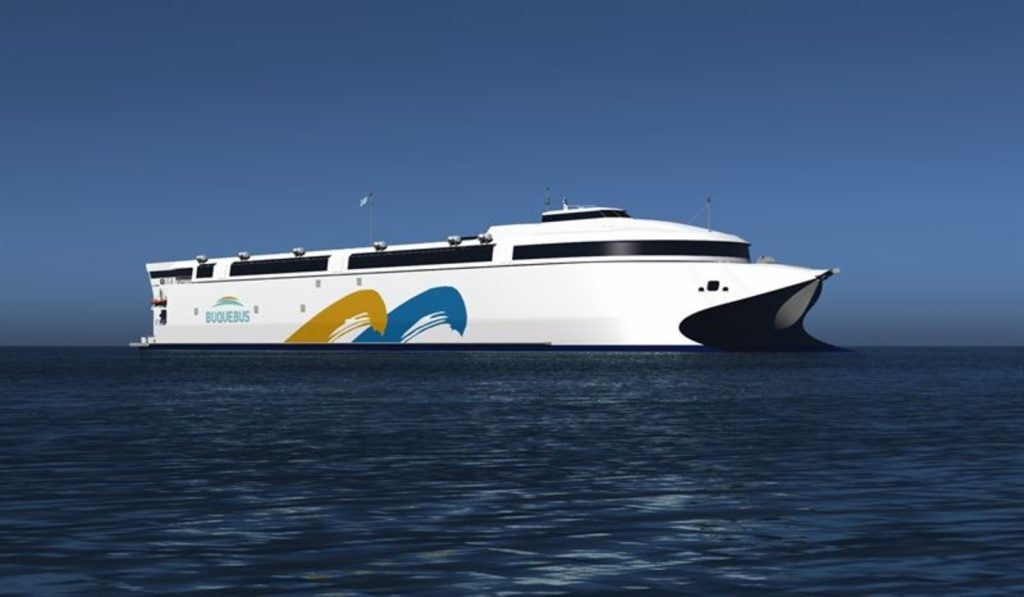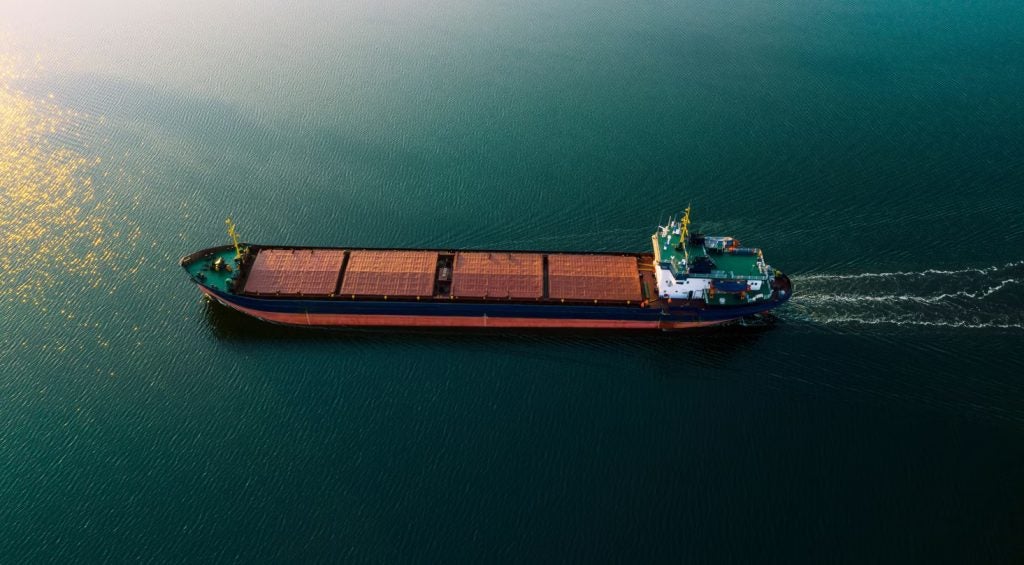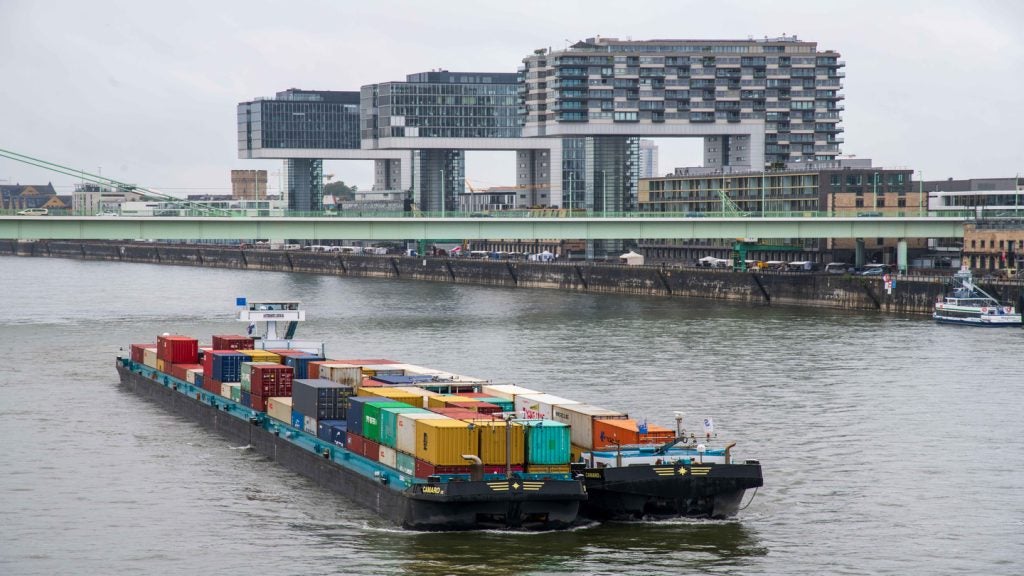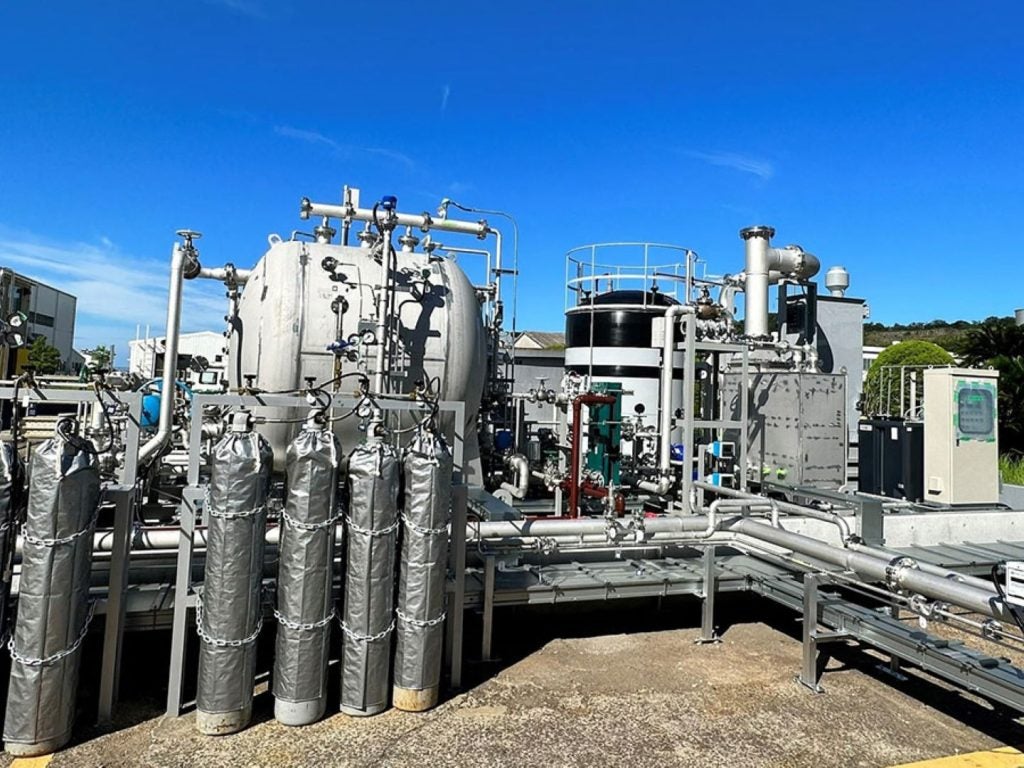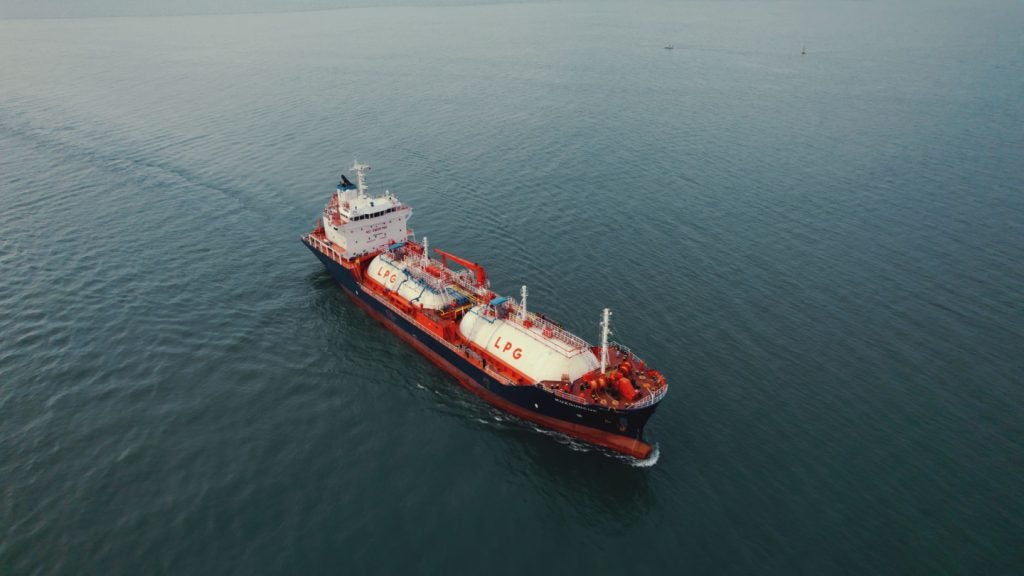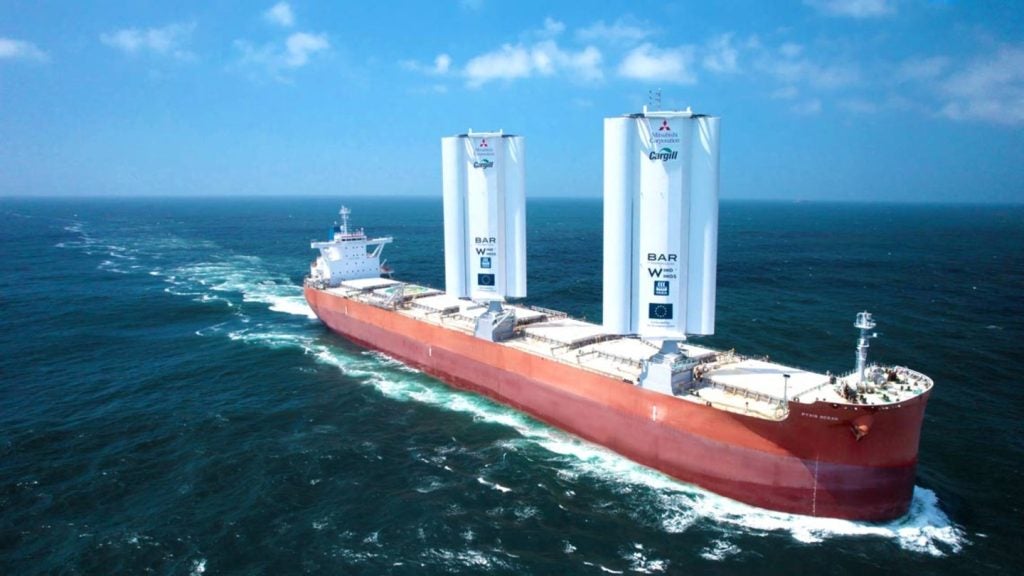Maritime manufacturing giant Wärtsilä will supply the propulsion system and waterjets for the world’s first zero-emissions lightweight Ro-Pax ferry and the biggest battery-electric ship ever built for Incat Tasmania.
The Finnish company will also provide its energy management, power conversion and DC shore charging systems for the project, as well as the 40 MWh battery modules, DC hub and eight electric motors.
Roger Holm, president of Wärtsilä’s Marine Power business, said the ferry represented a “game-changing advance” in catamaran design: “We are proud to have contributed our strong know-how in integrating our ship electrification solutions and propulsion equipment.
“The battery power pack that we are supplying will be the largest ever supplied with a unique eight-waterjet propulsor configuration.”
The 130m-long ship has been ordered by South American ferry company Buquebús for use on passenger and vehicle transportation services between Argentina and Uruguay.
With battery modules and an energy storage system package four times larger than on any electric or hybrid ship currently operating, the large ferry will be able to carry 2,100 passengers and 225 vehicles when it is delivered in 2025.
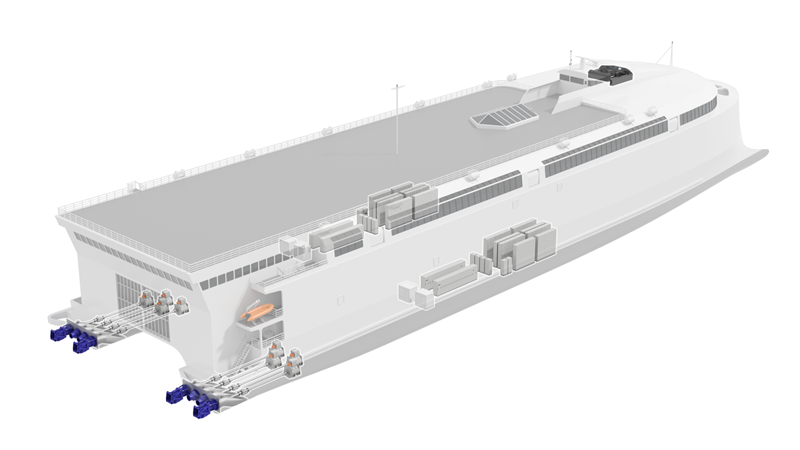
Wärtsilä will be delivering its equipment, including the eight axial flow WXJ1100 waterjets and ProTouch propulsion control system, at the end of 2024.
Founder and chairman of Incat Robert Clifford said: “Incat Tasmania has always been at the forefront of innovating and pioneering new technology and design and this project further cements our market position.
“The design addresses the market’s needs and requirements by utilising batteries, making it a very viable option for owners and operators looking to increase the sustainability of their fleets.”
It was first reported that Buquebús would be purchasing the ferry at the beginning of this year when it was also said that Incat had originally considered developing the ship to be powered by LNG before discussions with the buyer.


